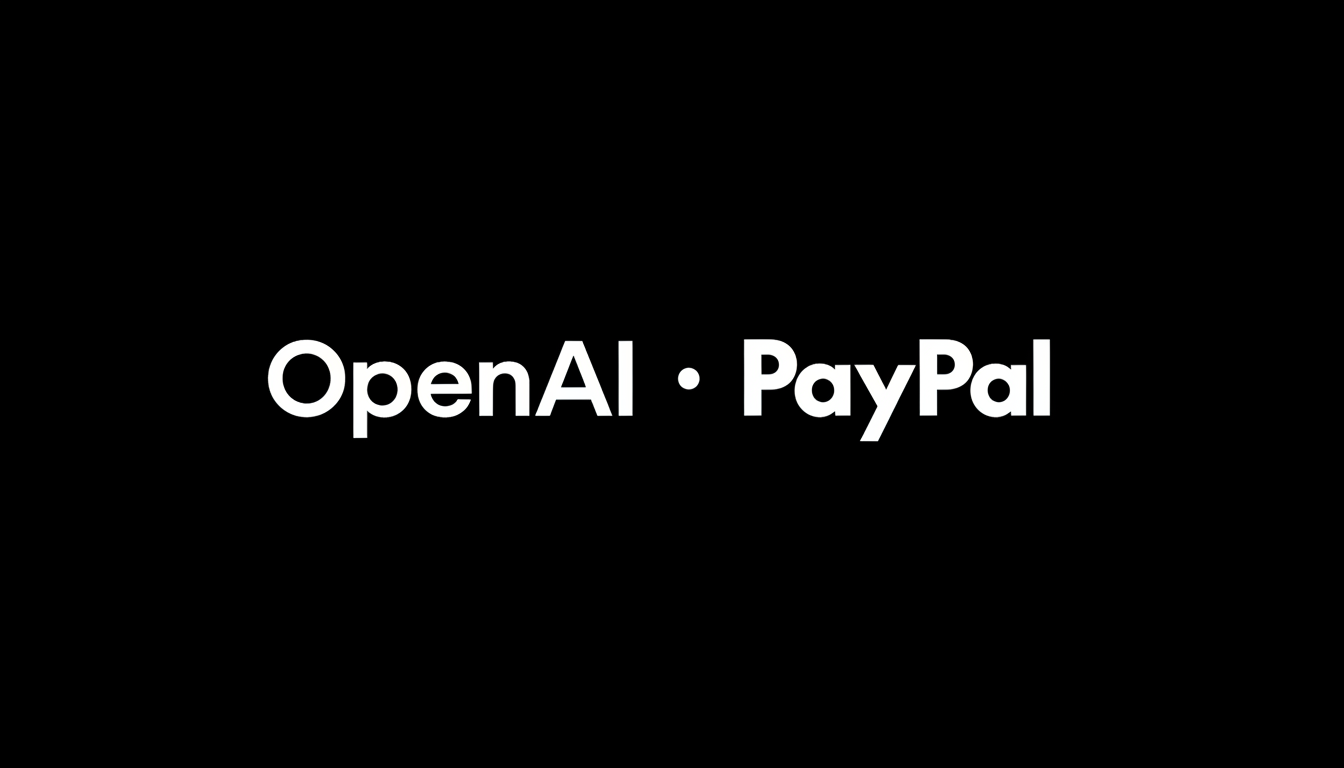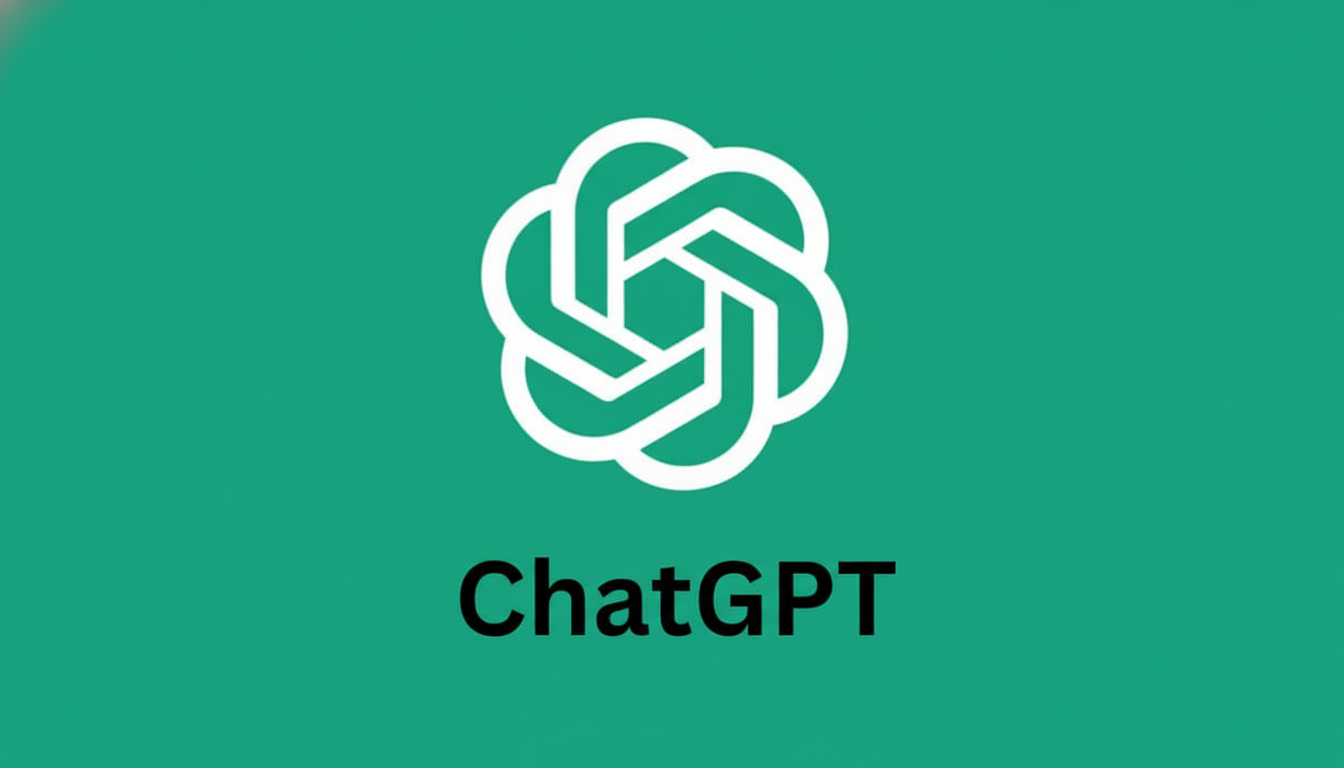That’s why it partnered with OpenAI, an organization that develops artificial intelligence software and provides open-source infrastructure for AI to enable people to have natural conversations in ways that are useful, regardless of the channel. PayPal is also integrating native payments with ChatGPT, so product discovery within the chatbot becomes a seamless experience through purchase.
The integration makes use of OpenAI’s Instant Checkout and a protocol it’s in the early stages of defining called the Agentic Commerce Protocol to allow users to verify items, information on shipping, and payment, all without having to exit the conversation.
- How ChatGPT Checkout Works Inside PayPal and OpenAI
- What Merchants Get from PayPal’s ChatGPT Checkout Integration
- Why It Matters for Conversational Commerce and Payments
- Competitive Context for In-Assistant Commerce and Payments
- Security, Trust, and Compliance for In-Chat Payments
- A Simple Use Case for ChatGPT Checkout with PayPal
- What to Watch Next as AI Shopping and Payments Roll Out

The deal puts PayPal into its role as a default wallet player in AI shopping, and it gives OpenAI an on-ramp to commerce via recommendations. It’s a clear sign that conversational commerce is moving from demos to deployment.
How ChatGPT Checkout Works Inside PayPal and OpenAI
The process is embedded directly in ChatGPT and minimizes the cumbersome order flow. Review a suggested cart from the assistant; validate address and delivery preferences, and pay using stored credentials. PayPal backs this up with its wallet, providing buyer and seller protections as well as dispute resolution within the chat body.
In addition to wallets, PayPal will be facilitating card payments at an API level, ensuring that cards from shoppers can be used for checkout on purchases without them necessarily needing to actively have and use PayPal’s app. Agentic Commerce Protocol (ACP). The Agentic Commerce Protocol is an OpenAI effort to provide machine-readable merchant catalogs so voice assistants can surface real inventory, current prices and fulfillment options in context.
What Merchants Get from PayPal’s ChatGPT Checkout Integration
Merchants who use PayPal won’t have to develop their own custom integrations for ChatGPT. Routing and payment assembly are handled by PayPal behind the scenes, and participating catalogs become visible in the assistant — initially focusing on categories like fashion, apparel, beauty, home and electronics.
PayPal is also launching a new agentic commerce suite product that enables merchants to syndicate their catalogs across AI apps, take payments wherever assistants are present, and track how shoppers interact with AI recommendations before they buy.
Why It Matters for Conversational Commerce and Payments
Generally, removing checkout hops increases conversion. PayPal and OpenAI hope that by consolidating search, evaluation and payment into one flow, they can capitalize on peak-intent instants which used to leak out to browser tabs or abandoned carts. Though the overlap could be considerable: More than 400 million people have active PayPal accounts, and hundreds of millions are using ChatGPT weekly.
This is also an attempt to create the standards layer for agent-driven shopping. If ACP becomes the universal language for catalogs and payments across AI platforms, early adopters receive distribution and data benefits spanning from higher ranking in assistant results to better attribution of what made a shopper buy.

Competitive Context for In-Assistant Commerce and Payments
PayPal has been progressively plugging into AI-native shopping. It facilitated checkout within Perplexity’s AI search and used Google’s Agent Payments Protocol to take its rails to Google surfaces. The ChatGPT partnership widens this approach to the leading consumer AI assistant, raising the stakes for competitors chasing in-assistant commerce.
For OpenAI, embedding reliable payment flows cuts down on friction and keeps users inside its ecosystem instead of handing off to merchant sites or app stores. It also forces commerce platforms and wallets to make sure their products can be indexed, and acted upon, by an AI agent — not just humans tapping through a web page.
Security, Trust, and Compliance for In-Chat Payments
PayPal buyer and seller protection and dispute resolution extend to transactions in chat, solving a primary trust barrier to conversational checkouts. Tokenized credentials, risk scoring, and real-time fraud checks are all still in play even as the UI moves from a browser to an assistant.
Data governance will be closely monitored. Users will likely want top-level understanding of what order data the assistant sees, how that information informs personalization, and how merchants maintain control over pricing, inventory and refund policies. Anticipate regulators grilling you on dark patterns, consent and clear comparison shopping.
A Simple Use Case for ChatGPT Checkout with PayPal
Ask ChatGPT for a last-minute gift within budget and shipped with two-day delivery. Narrow your selections in assisted shopping from merchant catalogs, order on-the-run items, and see total cost. You tap Pay with PayPal, confirm your address, and you’re done. From the merchant’s point of view, the order is just another PayPal transaction, including checking for fraud and regular settlement.
What to Watch Next as AI Shopping and Payments Roll Out
There are some key unresolved questions about whether sponsored listings will show up in the assistant results, the ranking of merchants inside those results (which could be based on price or product quality), how high fees will go compared to traditional checkout, and what controls brands get related to representation in AI answers. Adoption will depend on measurable increases in conversion, AOV and repeat usage.
PayPal will also be using OpenAI tools more widely within the company, with things like enterprise access to ChatGPT and coding assist for engineers — all suggesting that the partnership extends beyond customer-facing commerce and into developer productivity. As conversational commerce evolves, expect the storefront of greatest value to be AI agents, not web pages — and payment providers who add this flow win market share.

